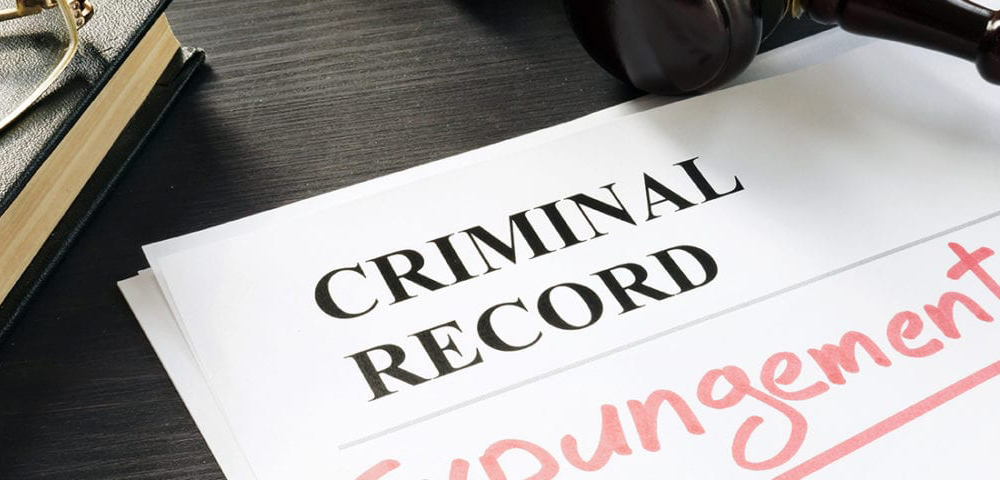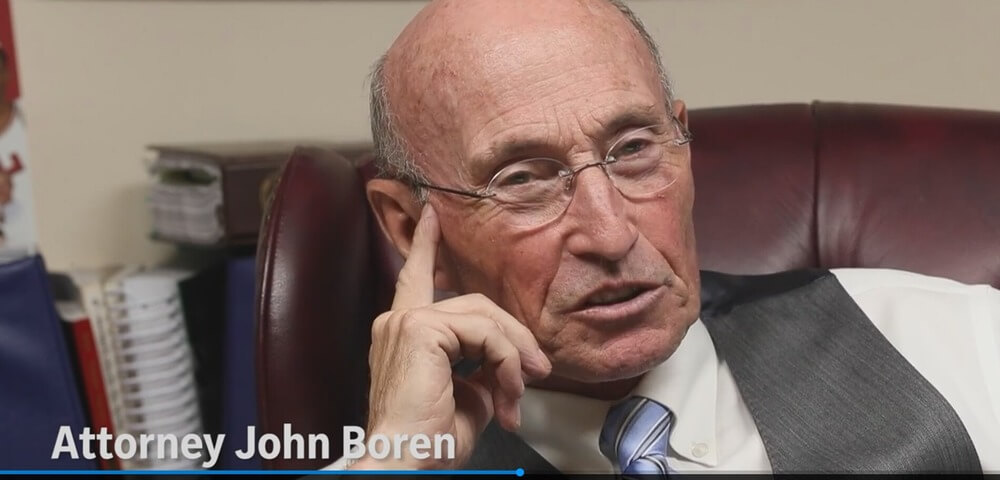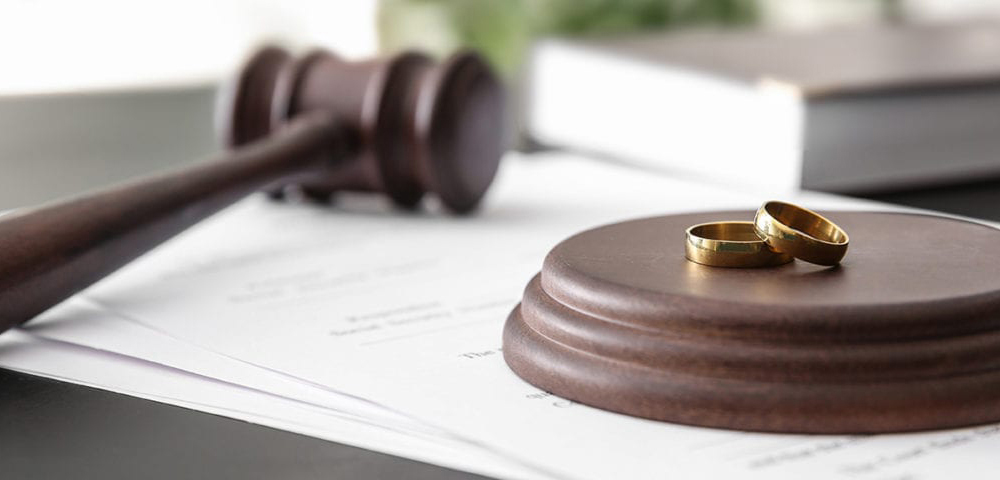
Indiana Expungement
September 10, 2020
A Cold Case Revisited
September 14, 2022Marriage Dissolution

No one begins marriage with anything but the best of intentions, but it is often the case that marriages do not work out and it’s best for everyone to file for divorce. This blog post is to help educate you and guide you through how divorce is handled in the State of Indiana.
How is divorce filed and initiated in Indiana?
First, marital law is specific state to state. Divorces are often the topic of conversation, pop culture, and even movies and books, but you need to keep in mind that the particularities and the specifics in divorce law varies wildly from state to state.
The good news for those seeking a divorce is that Indiana is a pretty easy state in which to obtain a divorce. Indiana is known as in a no-fault state, and therefore you can simply file for divorce alleging that the marriage is irretrievably broken. Nobody has to allege that anyone was “at fault”, did anything wrong, or was somehow unfaithful in the marriage. Simply put, in Indiana we do not care why you are getting divorced, we only care that you want to get divorced.
Where must you initiate the divorce?
In Indiana, we have two major residency requirements in order to file for divorce. First, you must be a bona fide resident of the state of Indiana for at least six months prior to filing a petition for dissolution of marriage. Second, you must also be a bona fide resident of the county in which you live for at least 60 days prior to filing the petition for dissolution of marriage.
Although this jurisdictional requirement is usually not an issue for couples long resided together, it can make a major difference in how your case will be handled. For those that have recently resided in a different state or county, you definitely want to consult with your attorney to determine how best to move forward with your divorce as you do not want to end up having to file it multiple times.
What are the stages of a divorce?
Although each divorce is unique, there are some standard stages of divorce. They are as follows:
The filing of the petition
This is the equivalent of a complaint and it initiates the divorce. It lets the other party know that you want a divorce; it is often served upon the party either by certified mail or by sheriff service. Once you have perfected service on the other party you can then move onto the following stages of the divorce.
Preliminary hearing
In most instances, one of the parties will request a preliminary hearing. At the preliminary hearing a judge will have a short hearing in which the judge makes a determination as to who will have possession of the marital residence, temporary custody of the children, child support and sometimes make a small division of assets and award attorney fees.
The preliminary hearing is really an opportunity for a judge to get involved in the marriage and “keep the peace” so that the marriage can then advance to the next stages of the litigation.
Discovery stage
This is typically the longest stage of the divorce. This gives each party an opportunity to do a full investigation into the marital estate to try to assess the proper valuation of all of the assets and debts in the marriage. During this stage if there are children involved,both sides will have the opportunity to conduct an investigation to determine who should have primary custody of the minor children and what the best parenting time plan should be.
Mediation
Almost all divorce cases go through mediation. Mediation is an opportunity for both sides to be represented by their respective attorneys and to try to reach an agreement. During mediation each side appears and meets separately with their attorney and the mediator. The mediator is a licensed attorney who serves as a facilitator in reaching an agreement. The mediator does not have any ability to order either party to do anything, but they often will provide insight to facilitate each side reaching agreement.
Guardian ad litem
In some instances, parties may choose to hire a guardian ad litem to serve as an expert witness as it pertains to issues regarding child custody. This sort of investigation is similar to a home study conducted during adoptions. The guardian ad litem typically looks at the family unit as a whole and serves as an expert witness to the judge in the event that it is necessary to testify as to what the guardian ad litem thinks would be in the best interest of the children for custody and parenting time.
Final hearing
In some instances, parties are just simply unable to reach an agreement on all issues. In cases such as these, the parties then move forward to a final hearing where the judge makes a final determination on all issues regarding the marriage’s property division, child custody, parenting time, and child support. The judge will typically take the matter under advisement and then issue a divorce decree in which the judge makes a file division of all assets and debts, awards final custody to one of the parties, enters an order for child support, and resolves any outstanding marital issues.

How long is the divorce take?
In Indiana, we require a minimum of 60 days as a “cooling down” period – allowing for the parties to make sure that they really want to proceed forward with the final dissolution of marriage. Although the quickest the divorce can get done in the state of Indiana is 60 days, that is not the typical length of time. In short, the more assets, the more debts, and the more children involved makes the divorce more complicated. Divorces can take a very long time or they can also be reached by agreement in a relatively short amount of time. All in all, most divorces take around a year to complete when the marriage involves assets, debts, and children.
Post dissolution issues:
Sometimes there are issues that have to be resolved only after the divorce is complete. Examples of these include separating complex assets such as businesses, retirement plans, and other assets that are not liquid. Additional issues that can exist post decree include child custody modification, increases or decreases in child support, and the possibility to request an order for parents to pay for secondary education.
If I do not get custody during my divorce, does that mean that I can never have custody of my children?
First, there is a misconception in family law that the noncustodial parent “loses” their children. This is simply not the case. Even the noncustodial parent in a divorce or custody case will receive parenting time. How much parenting time and under what circumstances a parent may exercise that parenting time is of course up to a judge. As children age and as circumstances change, it is typical that parties may request a custody modification. The custody modification may be as simple as asking for a few additional hours or days of parenting time or a complete and total custody modification where the child moves in with the noncustodial parent. There are a list of factors the judge may consider, and you should discuss the factors with your attorney before moving forward on the custody modification.
Contact us for a free initial consultation
Contact the attorneys at Boren, Oliver, and Coffey at 765-342-0147 or through our online form today to set up a free initial consultation for us to review your case and provide you with an outline of your various legal options.


